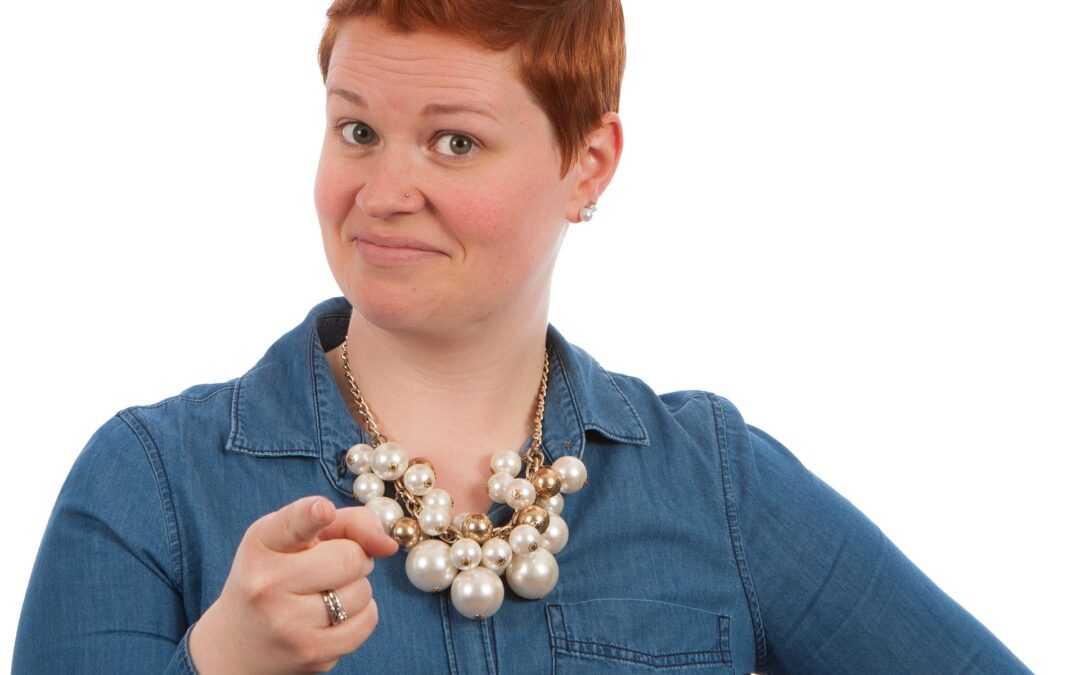When we take responsibility, we can change a whole lot of behaviours, not just quitting smoking, not just losing weight, not just managing our temper. Taking responsibility puts you in charge, so that you don’t need to blame others for your problems. It takes you out of the victim state and into the director’s chair.
Hangry Heath
Heath was a middle aged man with weight issues. He was a binger. He could not resist his sugar fix. Underneath his obsession with sweetness was low self-confidence. He actually needed the sweetness to comfort his inner unrest. This unrest showed itself in blaming others for his own issues. Heath had trouble taking responsibility.
I started seeing Heath before Covid. He had two sessions and then, without discussion, he simply dropped off the radar, I had no idea if and when he would be making his third session. He had purchased a package with an expiry date of 8 weeks from purchase. Seven months later he phoned for his third appointment. Due to Covid I said fine, okay. I don’t think any of the old rules applied in those torrid years.
Heath forgot the appointment. I phoned him and asked where he was. He said that he had a flat tire and he was waiting for his wife to collect him. I mentioned that it sounded clearly as though he was driving when we spoke. He did not comment, yet he answered his phone but did not call me to advise of his inability to attend; and he answered my texts yet did not text me. I let it slide.
I did not hear from Heath for another two years and then he contacted me demanding his third appointment. “Will you do the right thing and honour your agreement for a three session deal”. Red flag. Had I remembered that he stood me up last time, I would have said no. I should have said no anyway because the package lasted for eight weeks, not two years. And I should have said no because of his entitled approach to asking me for a favour. Except of course that he did not realise it would be a favour, because he was entitled.
Regrettably, I made another appointment for Heath for the following week, which he requested. He did not show up. There was a mix up with the confirmation. He had asked for that week and I found time for him, but when he confirmed he had written a different date and I didn’t notice the error. Even though I had sent him a reminder for the original date, he blamed me for not noticing his error. It was in fact the second time he stood me up. He had trouble taking responsibility for his own error, then diverting the blame solely onto me.
He asked again for another timeslot. By this stage I was really regretting my decision to extend the package. But I had already said I would so I offered him a place in six weeks time. I had a personal issue to deal with and needed to attend to it, so my available sessions were sparse during that time.
Heath’s response was anger. Then he demanded a refund for his third session, completely oblivious to the fact that his package had expired more than two years ago and that by not showing up, without notice, he had in fact forfeited his appointment, twice now. He was too self righteous and too angry to understand that I was in fact being very generous. I then explained to Heath that I found my old diary entries and realise that he had in fact forfeited his third appointment, years ago.
“How dare you dredge up things from the past” he yelled through his keyboard happy fingers. He spoke to me as an angry spouse might. Even though it was all via text and email, I could feel his rampage. He was out of control. He must have sent me six nasty communications, accusing me of taking something away from him, instead of acknowledging the huge inconvenience that he caused me, twice now, and instead of taking the appointment I offered him, for the third time.
Taking Responsibility Creates Choice
Heath’s sugar addiction comes from the same place as his inappropriate rage, his sense of entitlement and his aggressive bullying. He is not used to taking responsibility. It is always someone else’s fault. When a person can take responsibility, they create choice because they are no longer the victim. Lack of responsibility is victim mentality. Sugar soothes, briefly, that emptiness that victimhood creates. Unfortunately it doesn’t last however and the damage that it does to the body creates further victimhood.
If I were Heath, I would not have demanded a third session, two years after the package expired. Six month extension due to Covid, okay. But two years after that six month extension? No. I also would not have stood my therapist up at that first attempt at a third session. I would not have rejected my therapist’s offer for another third appointment, after our misunderstanding with the date. I cannot fathom that many would consider this behaviour acceptable. But that’s the thing with people who are not taking responsibility, it is always someone else’s fault.
Imagine if you decided to stop waiting for someone else to save you, to make your life better, to tell you what to do? Imagine if you felt as though it was all up to you, and that was a good thing, rather than a burden, because it meant that you could be and do whatever you decide.
Ultimately it comes down to a lack of inner confidence and self-belief that prevents people from taking responsibility and taking charge of their own success. It is tied in with a fear of failure, in many instances. Though not everyone like this will blame others. But imagine taking responsibility so that you don’t need to blame anyone for your own lack. Imagine having choice. I am not talking about blowing off a little steam when someone does something to hurt or exploit you, I’m talking about the way you perceive your lot in life.
If you need assistance with breaking free of that lack of choice, and if you are ready to take some responsibility, we can help. Horizons Clinical Hypnotherapy Sunshine Coast.

